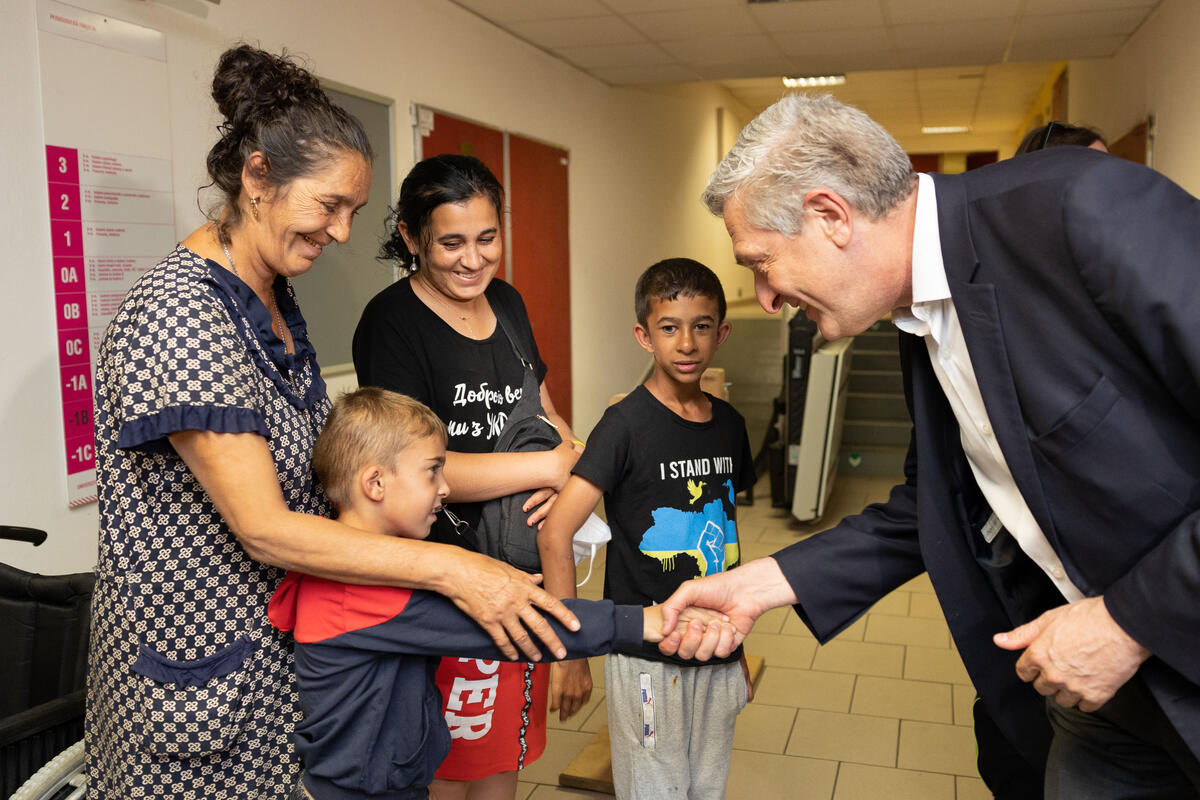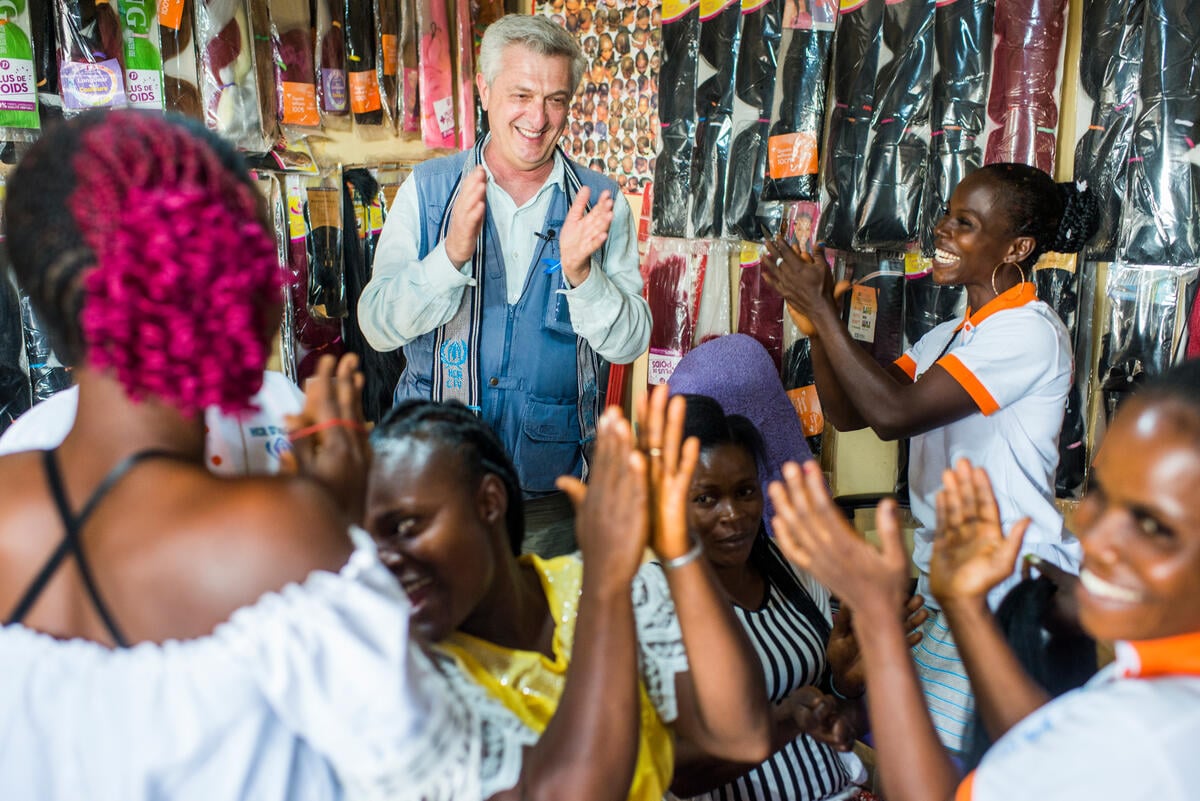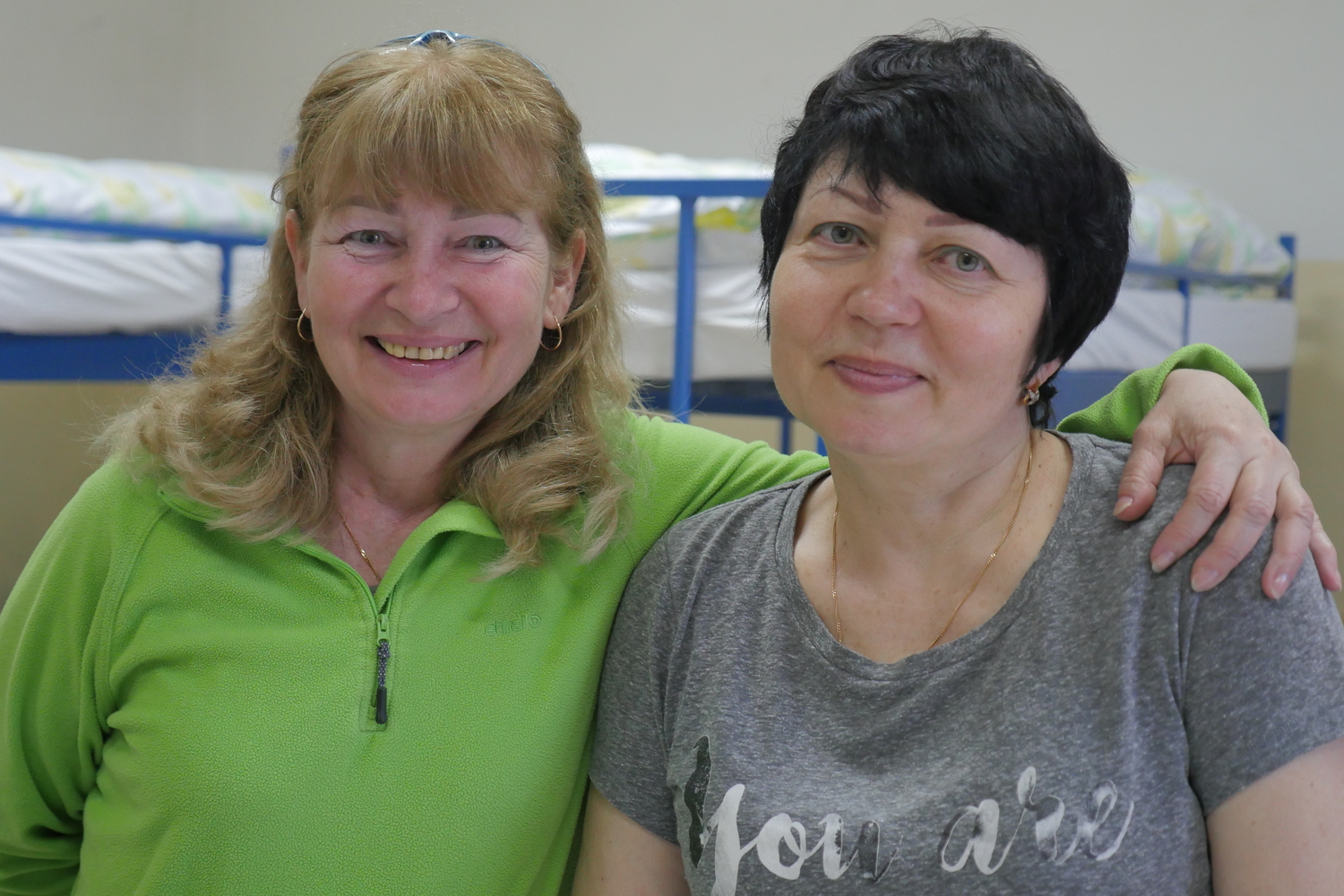High Commissioner speaks on asylum and migration in Asia-Pacific region
High Commissioner speaks on asylum and migration in Asia-Pacific region
Wednesday, 15 April, 2009
NUSA DUA, Bali - United Nations High Commissioner for Refugees António Guterres was in Indonesia today to take part in the Third Ministerial Conference of the Bali Process.
In addressing the meeting, Guterres highlighted the complexity of irregular and mixed migration in the Asia-Pacific region, noting that some movements are economically motivated while others are triggered by conflict or dire human rights situations. Refugees and asylum-seekers have, moreover, often transited through various countries in their search for protection and solutions. Many of them move on as a result of protracted refugee situations, having grown increasingly frustrated in the absence of solutions.
Fully recognizing that States have a legitimate right to define their own migration policies and protect their borders, Guterres emphasized that there is also a compelling human dimension that needs to be addressed. As refugees and asylum-seekers move, they frequently find themselves travelling on the same routes and in the same rickety boats as economic migrants. "Smugglers and traffickers often prey on people who are vulnerable to exploitation and abuse" he said, adding that "tough action against criminal agents has to go hand in hand with the protection of those in need of it." In this regard, he urged States to put in place effective mechanisms to identify and care for refugees and asylum-seekers.
The High Commissioner also suggested that to respond effectively to irregular and mixed movements affecting the region, a comprehensive approach is needed. This would have to address root causes and improve living standards and rights at the point of origin. It would also require a strengthening of the humanitarian space in asylum countries for those in need of international protection, as well as international solidarity to provide solutions in a spirit of burden sharing. Finally it should explore, whenever conditions permit, the possibility of voluntary repatriation in safety and dignity.
Guterres strongly welcomed a proposal that the Bali Process equip itself with a mechanism to develop regional responses to specific situations. While many problems can be managed bilaterally, he noted, certain issues are best addressed through a coherent regional approach in order to ensure protection and minimize secondary movements. Issues of region-wide concern would include principles regarding access to territory, protection and basic services pending solutions, common standards for voluntary repatriation, and legal migration opportunities. The High Commissioner briefed participants on his recent visit to northern Rakhine State in Myanmar and on the situation in Afghanistan.
In concluding, the High Commissioner noted that the Bali Process is an ideal forum for discussing the broader measures needed to address mixed and irregular flows of people.
"With its diverse membership - which includes countries of origin, transit and destination, and represents a wide geographical region - it offers the potential to reach a common understanding of irregular movements and to forge mechanisms for regional cooperation," he said.








